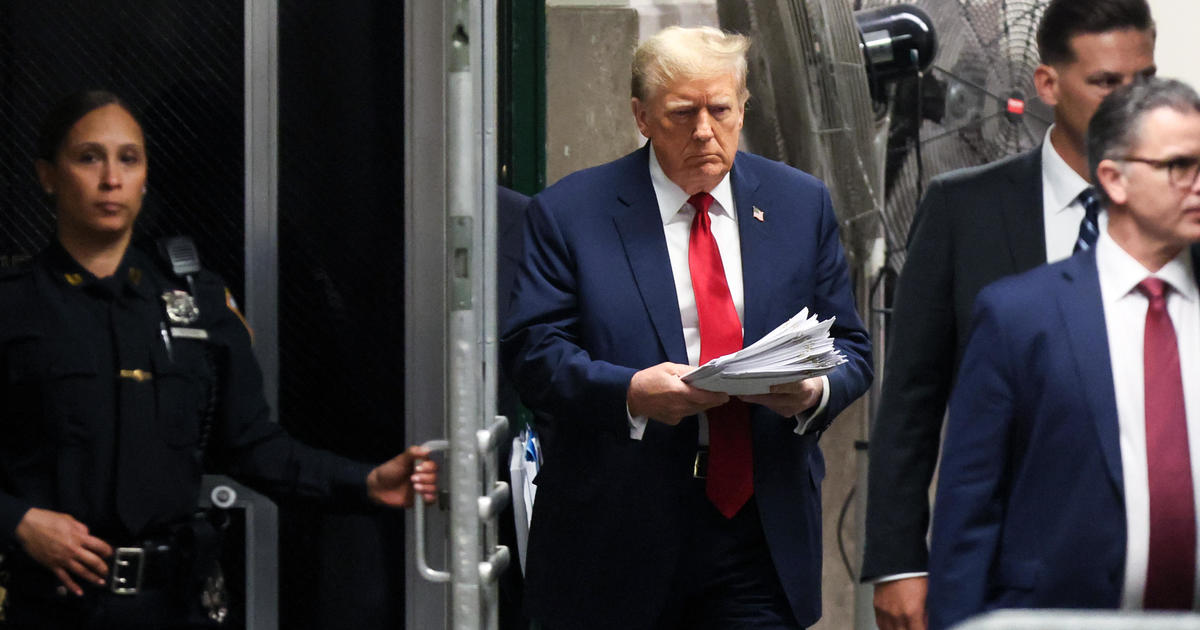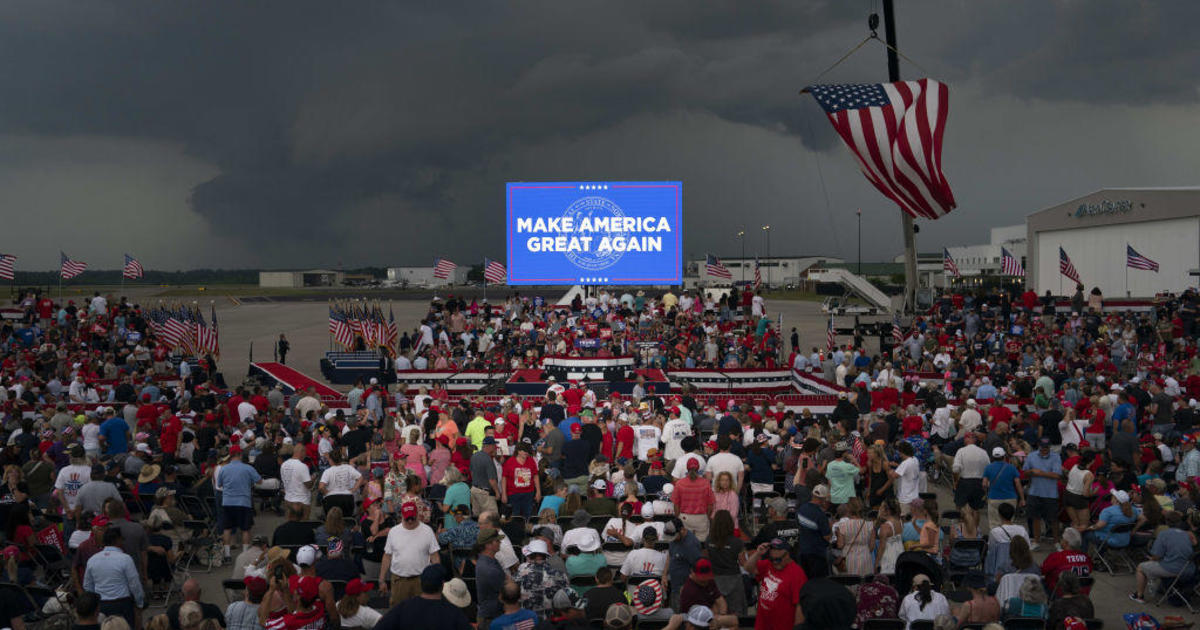New York Times publisher asked Trump to tamp down anti-press rhetoric at White House meeting
BRIDGEWATER, N.J. — The publisher of the New York Times said Sunday he "implored" President Trump at a private White House meeting this month to reconsider his broad attacks on journalists, calling the president's anti-press rhetoric "not just divisive but increasingly dangerous."
In a statement, publisher A.G. Sulzberger said he decided to comment publicly after Mr. Trump revealed their off-the-record meeting to his more than 53 million Twitter followers on Sunday. Mr. Trump's aides had requested that the July 20 meeting not be made public, Sulzberger said.
He tweeted Sunday: "Spent much time talking about the vast amounts of Fake News being put out by the media & how that Fake News has morphed into phrase, 'Enemy of the People.' Sad!"
On Sunday, Sulzberger released a statement about his meeting with the president. The Times said that the White House had invited Sulzberger to meet with Mr. Trump earlier this month, a request the paper did not find unusual.
"[T]here has been a long tradition of New York Times publishers holding such meetings with presidents and other public figures who have concerns about coverage," the Times wrote, adding that the president's aides had requested that the meeting be off the record. Given the president's tweet, the Times says, "he has put the meeting on the record."
Sulzberger said his "main purpose" in accepting the meeting was "to raise concerns about the president's deeply troubling anti-press rhetoric." He said he told Mr. Trump "that I thought that his language was not just divisive but increasingly dangerous."
Here is the rest of Sulzberger's statement:
I told him that although the phrase 'fake news' is untrue and harmful, I am far more concerned about his labeling journalists "the enemy of the people." I warned that this inflammatory language is contributing to a rise in threats against journalists and will lead to violence.
I repeatedly stressed that this is particularly true abroad, where the president's rhetoric is being used by some regimes to justify sweeping crackdowns on journalists. I warned that it was putting lives at risk, that it was undermining the democratic ideals of our nation, and that it was eroding one of our country's greatest exports: a commitment to free speech and a free press.
Throughout the conversation I emphasized that if President Trump, like previous presidents, was upset with coverage of his administration he was of course free to tell the world. I made clear repeatedly that I was not asking for him to soften his attacks on The Times if he felt our coverage was unfair. Instead, I implored him to reconsider his broader attacks on journalism, which I believe are dangerous and harmful to our country.
Mr. Trump bristles at negative media coverage of himself and the administration. He has denounced the news media as the "enemy of the people" and accuses it of spreading "fake news." Five days after his meeting with Sulzberger, he said in a speech at the Veterans of Foreign Wars convention, "Don't believe the crap you see from these people, the fake news," adding, "Just remember: What you're seeing and what you're reading is not what's happening."
After Sulzberger took over from his father on Jan. 1, Mr. Trump tweeted that his ascension gives the paper a "last chance" to fulfill its founder's vision of impartiality.



